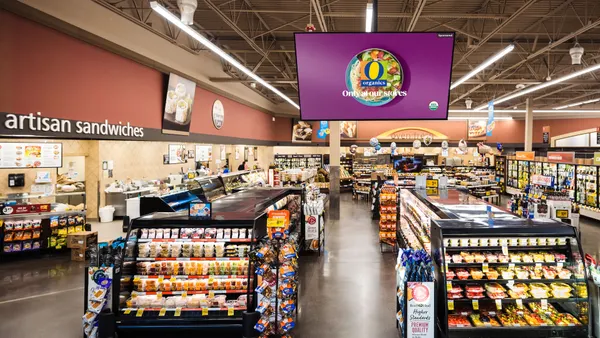Brief:
- Apple plans to let apps with auto-renewable subscriptions offer discounted prices to existing or lapsed subscribers, the company announced. The change will mean that app makers can broaden their range of promotional activity to maintain subscriptions, which are an important source of ongoing revenue and help to support other businesses like in-app advertising.
- The tech giant already lets app makers create introductory offers, which include up-front payments, pay-as-you-go and free trials. The App Store's new system will let app makers have as many as 10 active offers for each subscription, Apple said.
- App makers need to download the latest Xcode 10.2 beta, implement the new StoreKit APIs and test on the latest beta version of iOS 12.2, macOS 10.14.4, and tvOS 12.2 to test out promotional offers. Unlike introductory offers, the promotional offers won't appear in the App Store.
Insight:
The addition of promotional offers for app subscriptions is the iPhone maker's latest effort to support the app economy, which is directly linked to the growth of its services business. Consumer spending in virtual stores, including Apple's App Store and Google Play, is forecast to grow five times as quickly as the global economy to surpass $120 billion this year, per researcher App Annie. The number of apps that monetize their content with in-app advertising will grow 60% this year as developers seek a bigger slice of the $250 billion digital ad market, suggesting that app makers will need to maintain their audiences with promotional offers like the ones Apple plans to implement.
Apple is looking for ways to reduce its dependence on direct sales of the iPhone, which makes up about 60% of revenue, by building out its fast-growing services business that helps to strengthen its relationships with consumers. Apple last year reportedly pushed app makers to raise prices and build subscription revenue to help foster a vibrant app economy. Games make up the biggest category of apps in Apple's App Store with a 25% share of the total, followed by business (9.8%), education (8.5%) and lifestyle (8.3%), according to Statista.
Apple doesn't provide breakdowns of App Store sales, grouping them in its broader services category that also includes Apple Music, iTunes, AppleCare product warranties, iCloud storage and Apple Pay. Apple's services revenue grew 24% to $37.1 billion in 2018, while iPhone sales rose 18% to $166.7 billion, according to a regulatory filing. CEO Tim Cook had previously set a goal of making $50 billion in annual services revenue by 2020.
Apple has paid out $120 billion to app developers since 2008, and last month hosted its first Entrepreneur Camp to support women-owned app startups. The two-week technology lab let participants work directly with Apple experts and engineers to boost the performance of their apps. The tech giant will host Entrepreneur Camp sessions quarterly with as many as 20 app companies, per Apple Insider. Apple this month acquired Pullstring, a startup that enables the design and publishing of voice apps, as the company seeks to compete more effectively with Amazon and Google in voice-powered apps.









